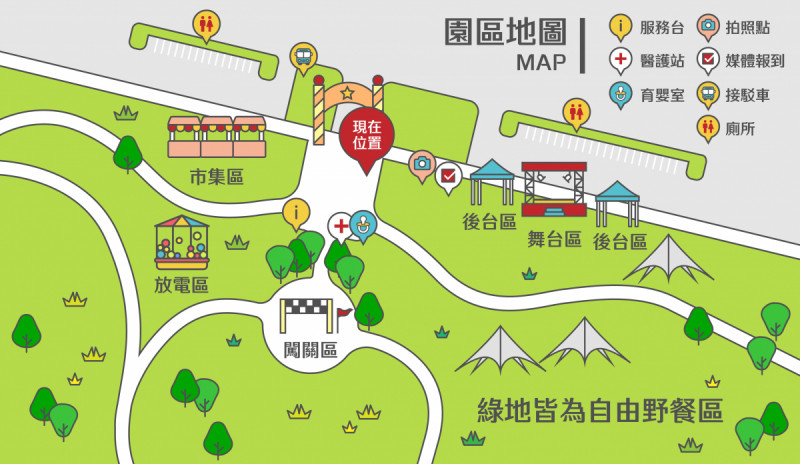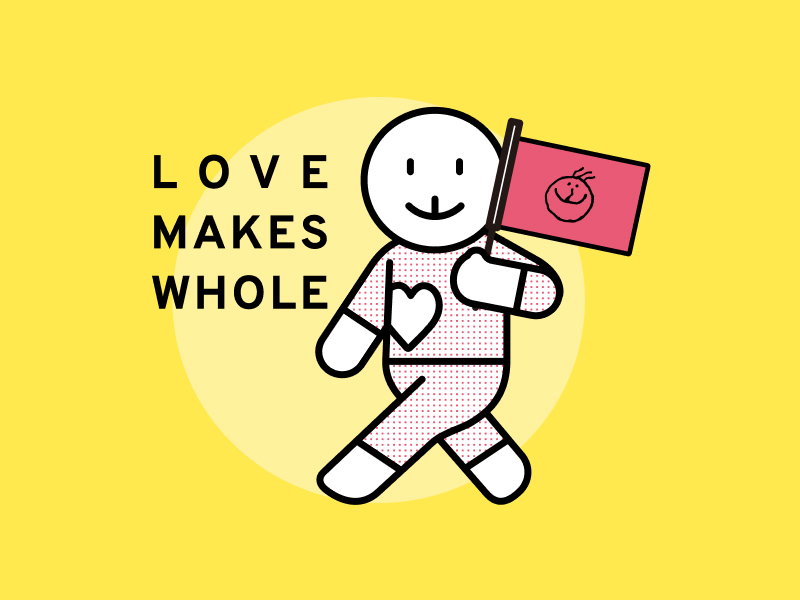The NCF helps people with craniofacial disorders pursue their dreams
People born with craniofacial disorders such as cleft palates and cleft lips often face hardships growing up due to bullying and social pressure. In some cases, congenital disorders like microtia may even result in deafness. The Noordhoff Craniofacial Foundation in Taiwan aims to help people with these conditions, by providing companionship, scholarships and plenty of self-betterment opportunities. Stephany Yang takes us to meet some of the people they assist.
Chang Yu-shan greets us in fluent Russian. Chang says that as a child, she faced many hardships due to her bilateral cleft lip and cleft palate. She has since undergone surgery and is now more willing than ever to pursue her passion to speak Russian.
Chang Yu-shan
Cleft lip and palate patient
It was love at first sight. People have prejudices against people with cleft lip and cleft palate. They wonder how you can learn a language if you can’t pronounce things properly due to the disorder. I thought, everyone knows that Russian is one of the most difficult languages in the world. So if I can master it, it can be proof that any difficulties to come can be solved easily. So that’s the challenge I set myself.
The Ministry of Education recently awarded Chang a scholarship to go on exchange to Russia in September next year.
Chang Yu-shan
Cleft lip and palate patient
What I am looking forward to is that, after I meet someone and they asks me why I look different, it’ll be my honor to tell them that I was a child with a cleft lip and cleft palate, and that I got regenerative surgery. Then I can confidently say that I am from Taiwan.
There''s also Tu Pei-jou, who was born with microtia and is now a fifth-year student in the Department of Occupational Therapy at National Taiwan University. Due to her condition, Tu is deaf in her right ear. She says she was bullied a lot as a child, but that music allowed her to overcome many challenges.
Tu Pei-jou
Microtia patient
My main difficulty was when I was in elementary school and sought support and recognition from others. The condition doesn’t just make me look different. It also meant I had difficulty hearing. People might think that you aren''t listening to them or that you don''t care about others. This is something that I suffered the most with when I was a kid. Music is an extremely important part of my life. It’s accompanied me through all the difficulties I have encountered since childhood. Learning music was a self-healing process for me.
Tu says she hopes to become an occupational therapist in the future.
Tu Pei-jou
Microtia patient
I am majoring in occupational therapy, and I plan to pursue occupational therapy as a career to help more people in the future. I think my upbringing has taught me that professional medical knowledge and accompanying others through medical therapy can really help. I hope I can enter the field of early intervention and provide occupational therapy to help children with special needs.
The Noordhoff Craniofacial Foundation was founded by Dr. Samuel Noordhoff in 1990. It’s goal is to help patients with congenital craniofacial disorders access medical treatment, improve the quality of treatment, and promote patient care. Every year, the foundation holds an awards ceremony to celebrate its patients.
Chen I-ling
Noordhoff Crani ofacial Foundation CEO
Every year, there are more than 300 children born in Taiwan with craniofacial disorders. The foundation’s work starts with monitoring their mother’s pregnancy and birth, accompanying children throughout their lives. We arrange summer camps, challenge camps, scholarships and grants. We hope that these activities can let children see their own value and become confident in themselves.
The foundation hopes to continue to encourage more patients with craniofacial disorders realize their potential and chase their dreams.

